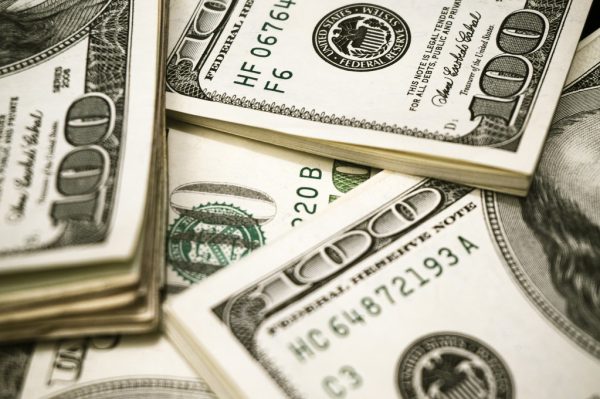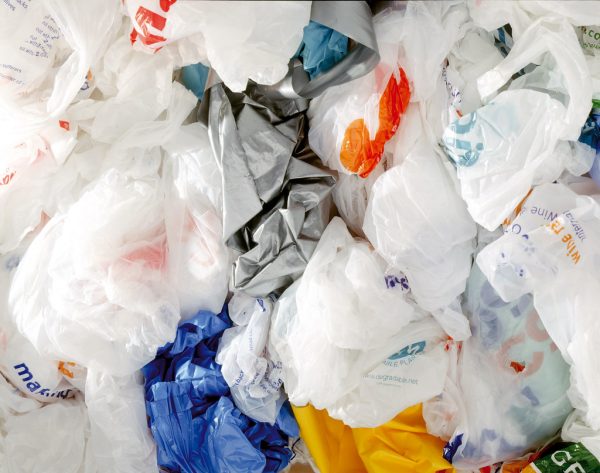The Experience of a Teenage Hustler
March 18, 2022
At 17 years old Conan Ralston found himself diving into the world of sneakers and reselling in the midst of online school during the peak of the pandemic. Always seeing his brother try to buy the latest limited sneakers Ralston finally decided to try his luck. Today Ralston still finds himself tackling a wide array of emotional and technical challenges on his path to earning riches through reselling.
Sitting down and talking, Ralston is as calm as one can get, carefully taking his time to articulate his thoughts and attentively listening to any questions asked. His timidness and general inexperience with getting questioned shines occasionally through repetition and stuttering, but when the topic of reselling is brought up a certain spark spurs deep inside of him and all the shyness quickly dies away replaced with unparalleled enthusiasm.
With the simple barrier of entry of buying an item and selling it in other markets for a profit, the business of reselling has been booming for decades. For reference, the resale market for apparel alone was valued at around 27 billion dollars in 2020 and is projected to reach upwards of 77 billion dollars in the next 5 years. For young hustlers like Ralston, the allure of quick money in conjunction with the abundance of extra time the pandemic offered quickly drew their attention to reselling.
“During school, and after school, and on the weekends, I would go off to sneaker releases, and since I was home all the time and on my computer, I could do it very easily.”
Finding himself amidst an endless sea of competition Ralston quickly realized the high-paced nature of reselling and the difficult learning curve the “easy” industry had to offer. “He [my brother] helped me with what to go after. I was super jumbled up and had no idea what to go after because I was getting so many notifications – I was super overloaded,” Ralston said as he recounted the earliest days of his reselling endeavors. Furthermore, Ralston accrues the current success
he has in finding a cook group (a dedicated group of resellers who operate on platforms such as Discord), which offers a vast amount of information on what items are profitable and how to obtain them, all in an organized manner. “That’s probably the biggest one – just knowing what to go for and finding a source of information that’s reliable and super fast so that I know what I’m doing.”
Ralston would face his next hurdle when the oversaturated sneaker resell market by the mid of 2021 paired with the postponements of many hyped releases sent profits crashing down for apparel focused resellers. But those who were intrepid and ambitious enough found different markets to enter.
“I met this friend one time, and he said, vinyls are doing pretty well. So it’s [I was] like, okay, maybe I should take a look at other retail goods. And just so happened to be releasing, was the PS5… with supply shortages, and an everlasting demand, the PS5 is just the perfect item to slip,” Ralston described.
The ambition and hard work paid off, with Ralston finding himself buying three PS5s in a single day at his peak, maxing out his credit card twice in the process, but securing profits in the thousands. To this day Ralston cites that both the lowest and highest points in his reselling career have involved the ever so lucrative PS5.
Running a business that most adults would frown down upon for its instability, time consumption, and possible risk, Ralston found an unlikely pillar of support in his family.
“Most of my cousins and aunts are super interested in it. They’re not sneakerheads or into PS5’s or anything. So they don’t care about that too much, but they think, “Okay, that’s cool, you’re making money off of a hobby.”
In recent years the ongoing COVID-19 pandemic has encouraged further ire and detractors to the practice of reselling. Many individuals during the onset of the pandemic attempted to capitalize on the situation by reselling essential goods for highly inflated prices lining their pockets with hefty profits.
“That’s bad. If you make a profit off of it and get away with it, I’d say that’s pretty low. It’s a pandemic. Seriously,” Ralston said in response to incidents of taking advantage of essential goods during the pandemic.
The majority of the reselling community echoes the same sentiment as Ralston, marking the few individuals who went to the “extreme” as morally wrong, and were ultimately grateful that the government and marketplaces made a stand against such sellers. At surface level most resellers with experience are on the same page as Ralston, “I don’t really care. I just love it. I’m making money.” Yet the fundamental concept of reselling, which sees sellers sell goods for the highest price, can expose gaps in even the most “apathetic” sellers with some prying. “I don’t know how to say it… [it] feel[s] bad when you’re taking – you’re buying
something and then selling it to somebody else for a higher price. It just doesn’t seem correct, but it happens all the time. I seem to live with it. When my brother started doing it I was like, “Oh my gosh, what are you doing?” It makes sense,” he said.
Regardless of the conflicts with the ethics of his business and its demands from his personal life, Ralston stands strong with supporting those who want to make money to pursue a side hobby in reselling.
“Would I encourage you? Yeah, I think a lot of kids in Glen Rock are doing it. I know maybe 10 off the top of my head. And it’s like, you don’t have to have a lot of resources to get into it, but having some helps. But you can just do stuff with your hands manually, without using software to help out. So I think, yeah, just try it out. Start off slow and see if you’re interested.”





